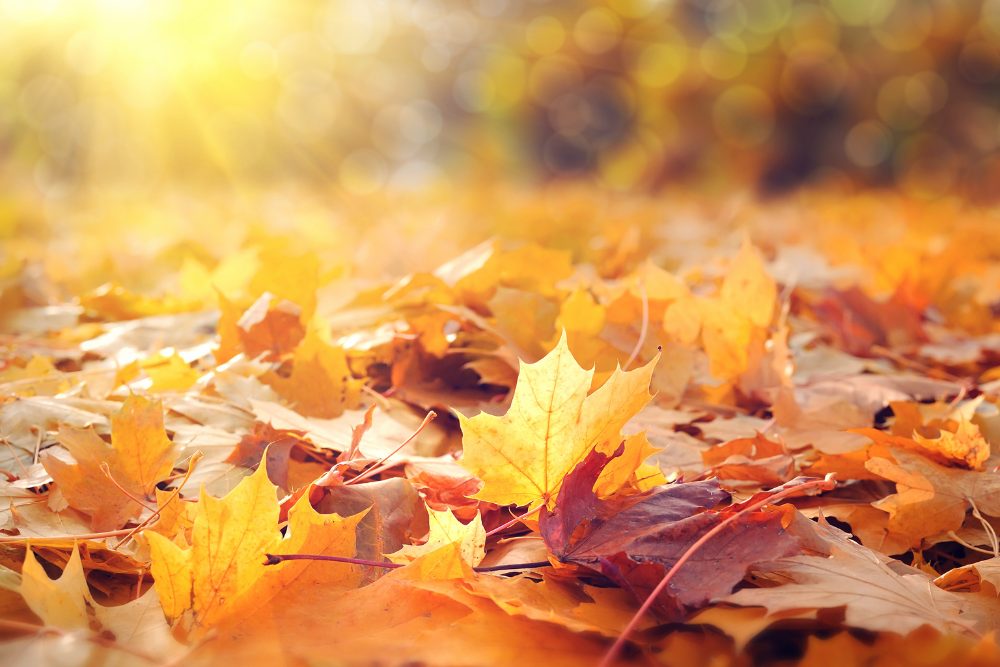When the winter weather is wet and cold, think about your seed/plant requirements for next year. New breeding in begonias, marigolds, and petunias means plants do not set seed, meaning that they flower through to autumn frosts with no ‘dead heading’ necessary. A great advantage!
As the leaves fall in autumn, its good policy to clear them up and compost them, as they can harbour pest and disease. On the lawn, you can reduce some labour by shredding leaves as you mow. The remains will provide a ‘mulch’ for lawn grasses.
Some tender perennial plants may need some protection in winter. Cut back faded flower stems and wrap the remaining plant with horticultural fleece.
Remove, dry and store support canes for use next year.
When clearing the remains of pea and runner bean plants, leave some 20 cm stems remaining in the soil. The roots are nitrogen ‘fixing’ and will subsequently release nitrates in the soil to benefit next year’s crops.
When you harvest a cabbage for kitchen use, make ‘criss-cross’ cuts on the exposed stem. This will then subsequently produce further leaves which can be used as winter greens.
Empty out and disinfect the greenhouse to prevent pests and diseases overwintering till next year.
Think about the wildlife as winter approaches. Most of us know about leaving high calorie/protein foods and a steady source of water, but birds and insects etc. can feed off fallen apples left around the trees for instance.
We think about the bees in summer, but consider too the winter months when on sunny days they can be flying and active. Consider planting something like winter flowering honeysuckles.
Spread organic matter such as well-rotted compost or farm yard manure on bare areas of the garden to improve the soil structure and fertility. No need to dig it in, the worms will do it for you during the winter!
I’m writing this month’s issue whilst spending a few days in the Lake District and how green and verdant the fields look compared with the parched lands of home in Devon!
So let’s get on with those garden tasks, but don’t forget planning for next year.
Happy Gardening!


